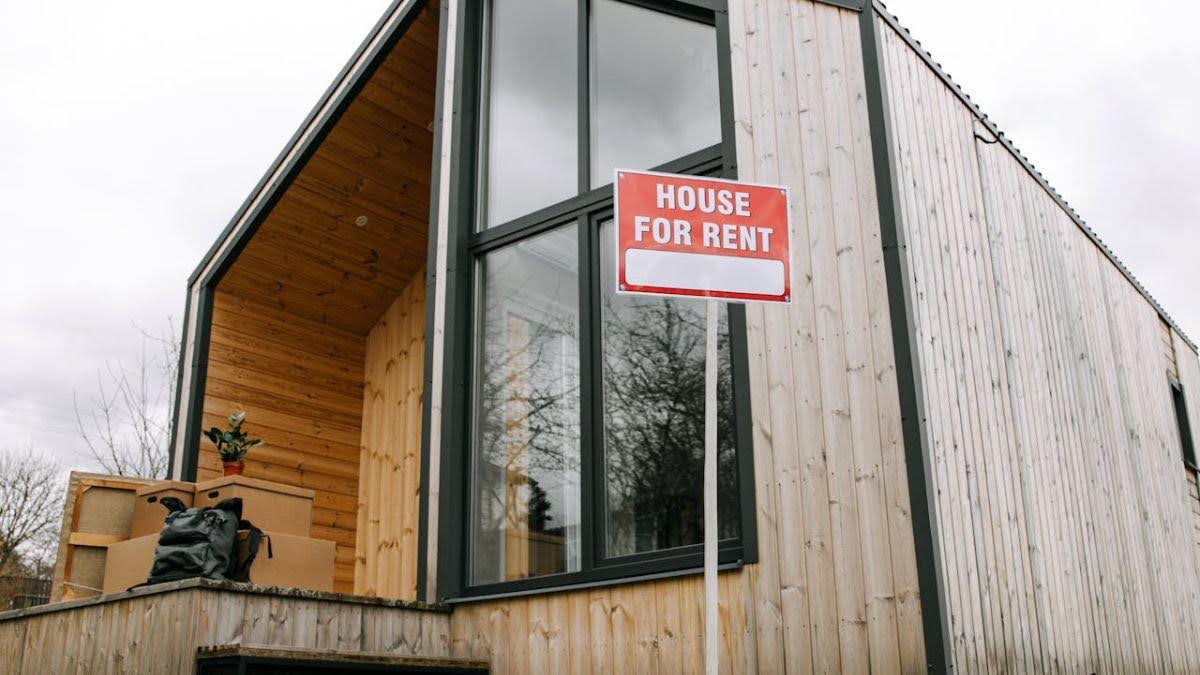
When landlords screen tenants, they often look at background reports to assess potential risks. One common concern is how far back a report can go.
The 7-year background check rule sets a general limit on certain records. However, that timeframe is able to extend or state laws do override.
Landlords need to understand how the 7-year rule works, especially since the details can vary from state to state and some exceptions may apply. In many cases, this means looking at how tenant background screening is affected by both federal rules and local laws.
Read further to learn where the 7-year rule is enforced, where it isn’t, and what to be mindful of when evaluating a tenant’s history.
Why Background Checks Still Matter in 2025
Screening tenants is necessary in 2025. Landlords use background reports to assess risk, such as unpaid rent or property damage. This 7-year background check rule helps balance privacy with safety. It guides how far back screening should go.
The widely used “7-year rule” helps with a landlord's need for security to allow for a tenant’s right to privacy. It sets out a reasonable timeframe for just how far back tenant screening is to go, in order to ensure that old or irrelevant issues (like unpaid rent, evictions, or property damage) do not unfairly influence leasing decisions that are made.
Background checks offer a structured with legally sound way so as to assess risk within a housing landscape, prioritizing fairness as well as compliance, especially valuable when managing high-demand properties or handling multiple applicants.
What Is the 7-Year Background Check Rule?
The 7-year background check rule is often talked about in tenant screening. It generally refers to how far back certain information can be reported.

The 7-year background check rule is a federal guideline that limits how far back certain negative information can be reported on a background check - typically to seven years from the date of the report. This rule is especially relevant in tenant screening when landlords review a prospective tenant’s criminal history, civil judgments, or other public records.
The FCRA’s 7-year look‑back period limits reporting of non‑conviction arrest records, civil judgments, paid tax liens, and Chapter 13 bankruptcies older than seven years, if the position pays under $75,000/year. It does not apply to criminal convictions
What the 7-Year Rule Under the FCRA Covers
The Fair Credit Reporting Act (FCRA) limits the reporting of:
- Any civil litigation, court judgments, or arrest history dating back more than seven years.
- Paid tax liens over seven years old.
- Debts placed in collections or written off more than seven years ago.
- Any other adverse items not related to convictions.
These limits apply only when the applicant's salary is under $75,000 per year (Federal Trade Commission). Importantly, criminal convictions may appear indefinitely unless state law imposes tighter restrictions.
Are There Exceptions to the 7-Year Rule?
Yes. According to Justia, the FCRA’s seven-year rule doesn’t apply if:
- Job applications for positions with an annual salary of $75,000 or more.
- Credit transactions of $150,000 or more.
- A person seeks to get a life insurance policy. The value within the policy exceeds $150,000.
Several states' own rules also limit criminal record reporting even more. “What are the exceptions under the California 7-year rule?” you might ask because California, like some other states, has specific laws that can limit reporting of certain criminal convictions even further than the FCRA for housing or employment purposes.
Which States Follow the 7-Year Background Check Rule?
Some states add their own restrictions on how long a criminal background check last with respect to convictions. These are often called "seven-year states" and limit reporting of criminal convictions older than seven years.

Here are some examples of 7-year background check states and their general reporting limits:
|
State |
Reporting Limit |
|
California |
7 years for convictions, with exceptions |
|
New York |
7 years |
|
Texas |
7 years |
|
Arizona |
7 years |
|
Washington |
7 years |
|
Colorado |
7 years (varies by salary) |
California’s civil code blocks reporting convictions older than seven years and most non‑convictions, with clean slate laws further affecting what appears. Other states like New York, Texas, and Washington follow similar seven‑year limits, often with salary or job‑type exceptions.
How Long Do Felonies Stay on a Background Check?
This is a frequently asked question: "How long does a felony stay on a background check?" FCRA allows reporting of felony convictions indefinitely unless a state imposes limits.
However, state laws can impose limitations. Some states have ban the box or fair chance housing initiatives that restrict how and when a landlord can consider an applicant's criminal history, regardless of how long the felony has been on their record. This impacts background checks for certain offenses in specific jurisdictions.
Can Landlords Deny Housing Based on a Criminal Record?
Yes. Landlords can deny housing based on a criminal record. Yet still they must follow the FCRA rules. They also have to follow state rules. The Housing and Urban Development (HUD) as well as Urban Development, warns blanket bans on tenants with criminal records could violate the Fair Housing Act, especially because they disproportionately impact racial minorities and may constitute unlawful discrimination.
Instead of broad exclusions, landlords are expected to evaluate criminal records on a case-by-case basis. Key considerations include:
- The offense's severity in nature.
- Time has passed since the conviction.
- Evidence of rehabilitation.
Additionally, landlords should ask: Does the applicant’s criminal history genuinely indicate a current threat to the safety of other residents or the property? If not, denying housing solely based on that record may not be legally defensible.
For example, taking effect in January of 2025, New York City's Fair Chance Housing Act prohibits landlords from considering an applicant's criminal history until they review income or credit qualifications. It further restricts the sorts of verdicts one may weigh and makes landlords share criminal history details with the renter, so they can reply before housing gets refused. (Source: NYC Fair Chance Housing Act)
In conclusion, Landlords should only deny housing ultimately due to a criminal record. A reason related to the safety of a resident or business interest must be a legitimate reason.
You can read more of the in-depth information in regard to whetherit is illegal to deny housing to a felon.
How to Stay Compliant When Screening Tenants
It is important to pay close attention to navigate all of the tenant screening laws. The laws can be complicated indeed.

1. Use FCRA- and State-Compliant Tenant Screening Services
Partnering with reputable tenant screening services is important. We need experts in state-specific and FCRA regulations. This ensures background checks are legal and thorough. Landlords should use a tenant criminal background check compliant with relevant laws.
2. Apply the Same Criteria to All Applicants
Consistency is key. Landlords must ensure evaluations are consistent and avoid any bias or discrimination.
3. Avoid Blanket Bans or Subjective Judgments
As mentioned, blanket exclusions based on criminal history are risky. Instead, assess each applicant on an individual basis. Focus on legitimate business reasons for any denial.
4. Provide Disclosures and Adverse Action Notices
If you use a background check to deny an applicant, you must provide them with a copy of the report. You also need to give them an adverse action notice. This notice explains their rights under the FCRA.
Conclusion
The 7-year background check rule primarily impacts older financial and certain non-conviction criminal records under the FCRA. While felonies can technically remain on a background check indefinitely, state laws and fair housing guidance often provide limitations. Understanding these nuances is critical for landlords. It ensures fair and compliant tenant screening practices in 2025 and beyond.
FAQs
Q: Is the 7-year rule applicable to all background checks?
A: No. It applies mainly to civil judgments and arrest records. Criminal convictions are usually exempt unless a state imposes its own limit (FTC Guide).
Q: How long does a criminal background check last for landlords?
There’s no expiration on how long a landlord can keep a background report, but the data’s accuracy fades. Most landlords should rely only on current reports (within 30–90 days) to ensure legal compliance and up-to-date information.
Q: Are 7-year background checks in states stricter than federal rules?
Yes. States like California, New York, Texas, Washington, and Colorado limit the reporting of criminal records to seven years, even though FCRA does not. These are known as 7-year background check states. Landlords in those jurisdictions must follow the stricter state law - federal law sets the floor, but states can raise the bar.







